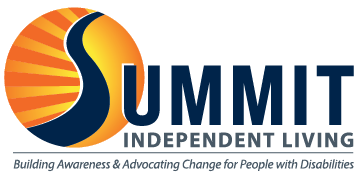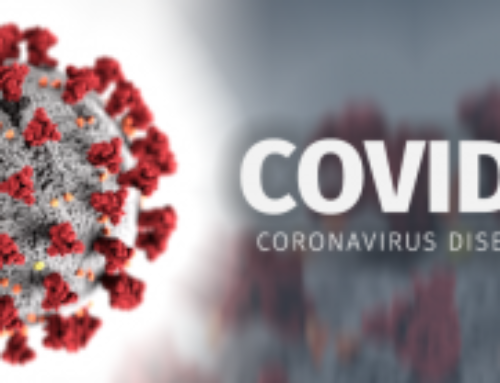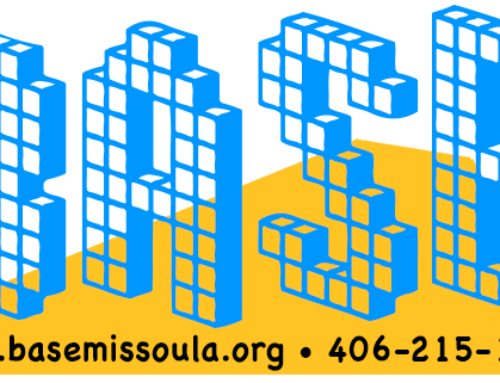Summit encourages everyone to take the steps necessary to protect themselves. The same steps you take to protect yourself from the flu are used to protect you from the Coronavirus:
Avoid close contact with people who are sick.
Avoid touching your eyes, nose, and mouth with unwashed hands.
Wash your hands often with soap and water for at least 20 seconds. In the event that soap and water are unavailable, use an alcohol-based hand sanitizer that contains at least 60% alcohol.
This may not be enough for attendant service users who rely on personal assistance services. Summit is encouraging attendant service users to take steps and build habits now that will protect your and your workers from COVID-19, the flu, and other communicable diseases like the Coronavirus. Here are some things you should do:
1. Ensure you have sufficient back up attendants in case your regular attendants cannot work; your attendants may not be able to work because either they get sick or they need to take care of a family member who is. You will still need assistance, so make sure you have someone who can provide it
2. Ensure that you have the ability to get assistance if an attendant does not show up for work.They may not be able to get to you and you need to make sure your needs are able to be met.
3. Have at least a week of non-perishable food in your home at any given time (if possible, have two weeks’ supply) and identify people who can assist with shopping. If this is not financially feasible, you may need to seek out assistance from local organizations or food banks.
4. Stock up on other important supplies. There may be shortages of other supplies like toilet paper, cleaning supplies, hygiene products and such. You don’t need to hoard these, but plan to keep a supply in your home.
5. Identify a way to make sure you can get your medications in a timely manner. This may mean having friends or family assist you or using a pharmacy that offers prescription delivery.
6. Plan for your pets/service animals. There may be difficulties in getting pet food or your pets may need someone to take care of them if you are hospitalized. If you have pets, make sure you have planned for their needs too.
7. Have your attendants wash their hands and use hand sanitizer when they arrive at your home and each time prior to touching or feeding you. Repeated handwashing can become rough on an attendant’s hands. Using a hand sanitizer can be a way to protect you and their skin.
8. Regularly clean, sanitize and disinfect the surfaces that are touched in your home to prevent the spread of infection. If possible, get into the habit of having your attendant do this each time immediately when they arrive at your home.
9. Use disinfecting wipes on items that are frequently touched. These include your telephone, doorknobs, your refrigerator handle, your wheelchair controls, lifting device controls and remote controls.
10. Have your attendant take extra steps to avoid possibly infecting you by wearing personal protective equipment if someone close to your attendant – like a member of their household – becomes sick.







Connect With Us